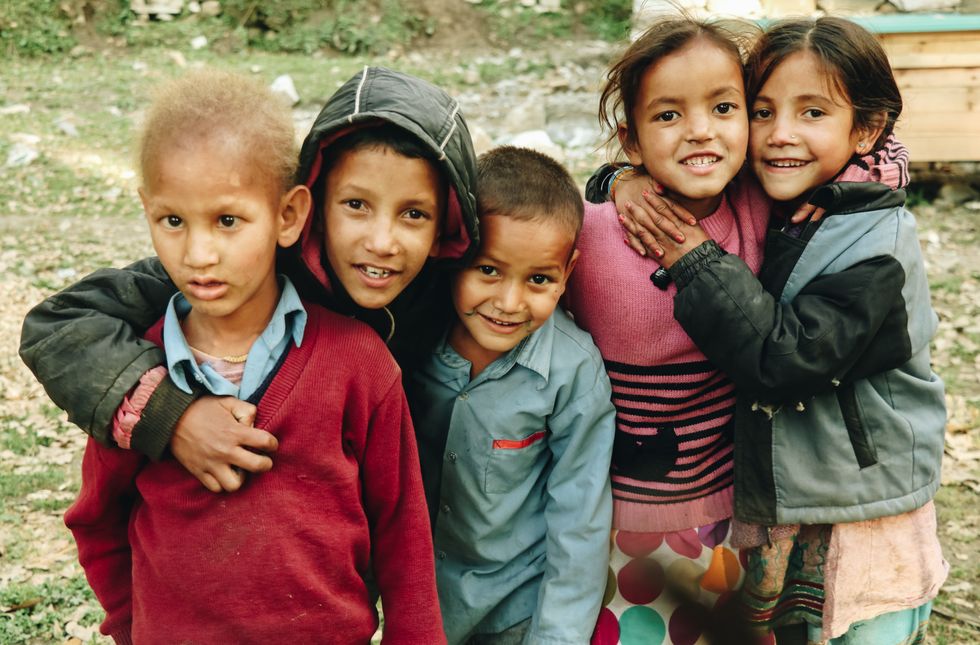What was once an exotic vacation destination for scores of tourists every year is now the domicile of swarms of miserable Afghan and Syrian refugees. The conditions at Greece’s refugee camps are horrific. The squalid camps are pungent with the stench from open-pit latrines and unwashed bodies. Kids clamor for food, and shriek for attention and assistance, from mothers and from volunteers who passionately risk their lives to save humanity in the camps.
Some of the problems scourging the refugee settlements are lack of medical facilities, limited pre and post-pregnancy medical screening, and threat from sexual predators. Most nights, unknown hands protrude through the canvas fabric and neighbors from adjacent tents make attempts at groping children.
In a recent turn of events, a 26-year-old Syrian man set himself on fire at a refugee camp in Lesbos.
According to Reuters,
“More than 60,000 refugees and migrants, most from Syria, Iraq and Afghanistan, have been in Greece for more than a year after border shutdowns throughout the Balkans halted the onward journey many planned to take to central and western Europe. Conditions are poor.
The man’s life is out of danger and he was treated for minor burns at a local hospital nearby. The reasons for self-harm revolve around the purported rejection of his asylum application for the second time. Thousands of migrants are trapped in filthy and abysmal conditions in Greece, while waiting for their asylum applications to be approved.
Over a million Syrian refugees have reached Greek shores from Turkey. This has led camps to be clustered with people beyond their capacity. In March 2016, Ankara had pledged to take back some illegal migrants that penetrated into Greek territory, in exchange for lax EU visa rules for Turkish citizens. The European Union is also remitting a sizeable volume of money to Turkey as humanitarian aid. However, where this aid money goes, is also unaccounted for. The EU-Turkey migration deal has been blithely touted by EU leaders as a model that must be replicated. However, Amnesty International has labeled it as an ‘act of shame.’
According to Amnesty International,
“The premise on which the deal was constructed – namely that Turkey is a safe place for refugees – was flawed. In the months following the deal, Greece’s asylum appeals committees ruled in many instances that Turkey does not provide effective protection for refugees.”
As per the EU-Turkey migrant deal, all irregular migrants crossing into Greece from Turkey will be sent back. For each migrant sent back to Turkey, a Syrian migrant will be resettled somewhere else in the EU. Human Rights groups, including Amnesty International, have strongly criticized this deal as clipping the rights of refugees. As European governments rapidly turn their attention to the implementation of the EU-Turkey agreement, observers have raised serious questions regarding whether the deal itself is legal, and more importantly, if it will even work.
Amidst the political pandemonium, refugees are at the brunt of grave human rights atrocities. It is extremely excruciating to imagine a life where you risk it every day, travel hundreds of miles only to start a new life in a place you can never call home. Families get broken; emotions erupt. The unconcealed morbidity and woefulness do not move the governments, and refugees more often than not are left to fend for themselves.
CNN reported the following statement from a young refugee,
"In the sea we stayed in the Straits of Turkey for three days, without food or any water at all. And things didn't get any easier when they finally landed on Greek shores.”
In Greece, there is only one hour in the day to reach out to the Asylum Service Relocation. All families hinge on their phone screens and try to set an appointment with the asylum services via Skype. This is a disappointment on the behalf of the Greek authorities; the intentions and efforts to provide aid to refugees seem frivolous.
The hopes of refugees to return to a normal life remain obscure, as refugees continue vacillating between one helpline to the other, one refugee service office to the other.

















